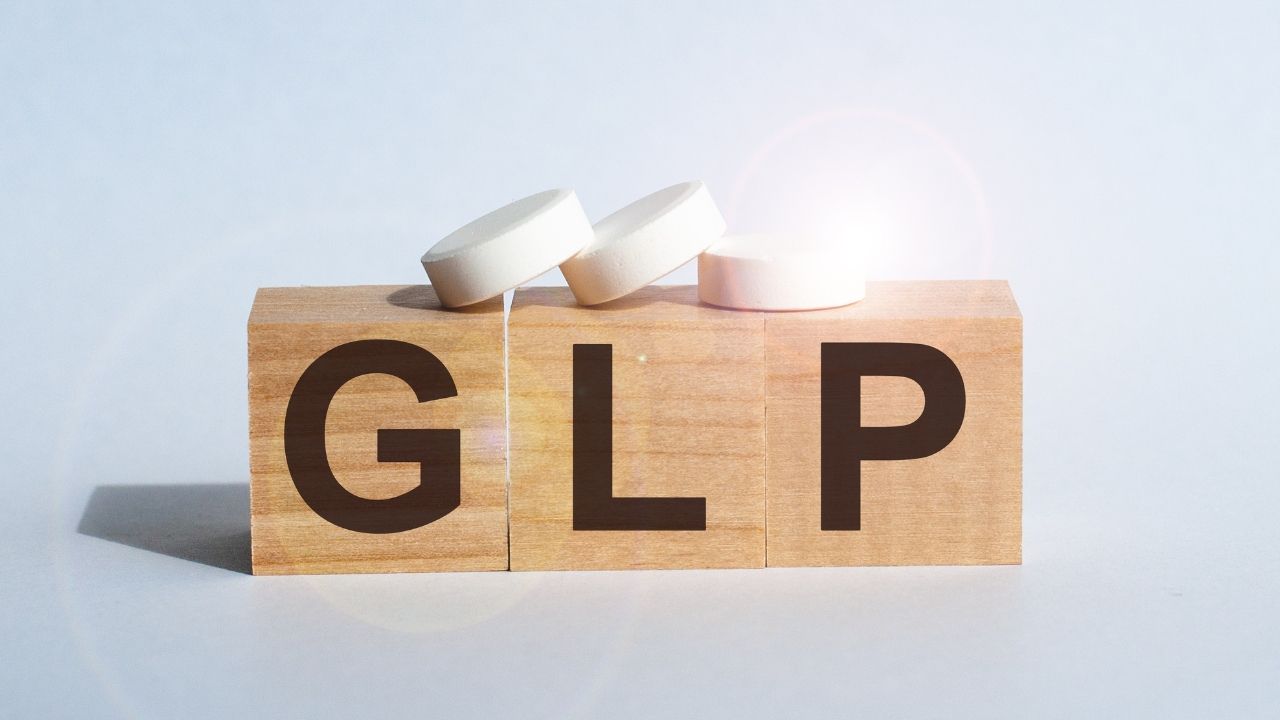GLP-1 Is it a weight loss miracle or mirage
Jun 17, 2025
GLP-1: Is it a weight loss miracle or mirage?
Who these drugs were really tested on and why that matters
GLP-1 drugs are everywhere right now. They’re being marketed not only as weight loss solutions, but as breakthroughs in lowering inflammation, reducing heart disease risk, and even helping with certain chronic illnesses. For anyone who's had a scare with their health, that sounds like something worth exploring.
But before jumping in, I wanted to know: who were these drugs originally tested on? Because if the people in the studies aren’t like me — or like many of the people being targeted by this new wave of marketing — then how meaningful are the results for us?
Let’s look closer.
The research looks impressive — but who was it done on?
The GLP-1 trials that produced these dramatic results were mostly carried out on people with type 2 diabetes, often with obesity, metabolic syndrome, or a history of heart disease. In other words, these were people with very high levels of systemic inflammation, often on multiple medications, and already at serious risk of cardiovascular events or organ damage.
In these populations, anything that helps stabilise blood sugar, reduce insulin resistance, result in better blood markers and fewer complications is great. That’s not in dispute. Fat loss will do all these things and reduce risks of chronic illnesses. A drug that kills appetite, as GLP-1 medications do, can shift excess fat.
But what if you’re not morbidly obese? What if you’re not diabetic, but just carrying a stone or two more than you'd like? What if your cholesterol and blood pressure are already well managed through food, movement and supplements?
Are the benefits going to be the same for you — or even significant?
This is where it gets murky.
The market pivot: From sick to "slightly stressed"
Online clinics are now selling these drugs to people who were never included in the original research: people who are slightly overweight, generally healthy, and concerned about their looks or future risk. Ironically, if you have an inflammatory illness or a history of cardiovascular disease, many of these platforms won’t even take you on.
So what does that tell us? That the drugs are being sold to those least likely to benefit long-term, and withheld from those who might actually have a therapeutic need.
It’s a strange reversal. And it raises ethical questions about who these drugs are really for, and whether the shiny PR campaigns are running ahead of the evidence.
A reminder from history: The HRT fiasco
This isn’t the first time we've seen this kind of disconnect between research subjects, media headlines and long-term outcomes. The Women’s Health Initiative scared a generation of women away from HRT by showing higher risks of cancer and heart disease. But it turned out the women in the study were older, many were smokers, overweight, and already at risk.
The result? Decades of lost health and wellbeing for women who may have benefitted from carefully administered HRT but were frightened off by headlines based on badly matched research.
Are we doing the same now with GLP-1s? Is the same kind of flawed logic being repeated, just in reverse?
The real cost: More than just money
These drugs aren’t free. At around £2,400 a year, that’s £24,000 over a decade — money that could be spent on nourishing food, therapy, movement classes, music or art lessons or restful trips away.
And then there’s the less talked about cost: nausea, losing pleasure in food, feeling flat, social withdrawal or even anhedonia. These are not rare side effects. Many users describe a loss of interest not just in eating, but in life’s small joys.
Is that a price worth paying for a few pounds off the scale?
Informed, not persuaded
It concerns me that these have been allowed to be marketed direct to the public rather than prescribed by a doctor who knows your full health history and can advise about the risk reward ratio for you as a person.
I’m not here to tell anyone not to try a GLP-1 drug. I’m simply asking us to be clear-eyed about what’s being promised, who the original data came from, and whether it really applies to us.
The people in those early trials were often very sick. The results were real. Taking that data and applying it to relatively healthy or younger non-diabetic people is not evidence-based — it’s marketing.
Before we spend thousands, and potentially end up as with all starvation methods rebounding to our original weight or higher, we should be asking better questions. Not just, "Does it work?" but:
- For whom?
- Under what conditions?
- At what cost?
And personally I think to ask:
- Is this the kind of relationship with food and my body that I want?
- Am I willing to take this drug for life and bear the costs?
Let’s not lose ourselves chasing numbers. Let's remember to ask what truly supports our long-term vitality, joy and wellbeing.
If this blog resonated with you, there is much more I’d love to share. My course and personal consultations walk you through the practical steps, support and guidance that bring real change. I would love to help you. Message me to arrange a chat to see if we are a good fit.

